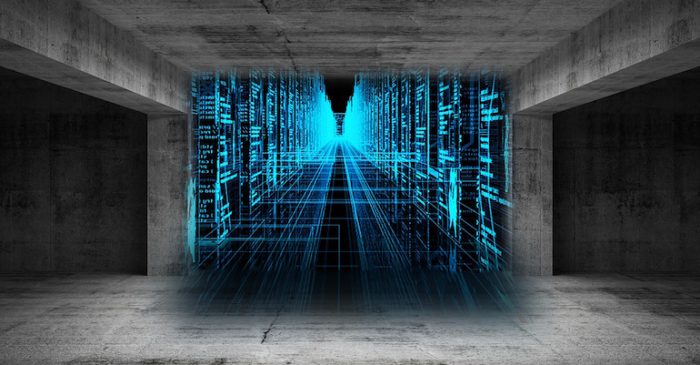Utilities Should Sell Customer Electricity Data
Lexington Institute, April 25, 2017
Digital technology is deployed on the electric grid to make it “smarter,” allowing two-way communication and the transferring of data. This enables customers to manage electricity costs and make the grid more reliable. Since new data is collected from sensors on the grid, sharing this information with third-party service providers raises privacy concerns, especially because data could be stored indefinitely. However, consumer privacy could be protected while utilities profit from selling electricity data to third parties.
Today, utilities collect and store energy consumption data to bill customers for electricity use, but are hesitant to distribute or sell this information. This is because of extra costs associated with processing and transferring such data in addition to dealing with legal consequences that may result from improper disclosures and privacy violations. Hence, electricity data has been underutilized even though the information could create new energy products and services to make electricity infrastructure more efficient and reliable.
For energy companies to create new products and services, they need electricity consumption data. Two examples of companies that use electricity data for energy solutions are Opower, a subsidiary of Oracle, that provides software services to help consumers reduce electricity consumption, and First Fuel which offers energy analytics to reduce service costs. Companies like these are dependent on electricity data to run algorithms that evaluate energy use.
[bctt tweet=”Digital technology is deployed on the electric grid to make it “smarter.”” username=”ZonditsEE”]
Companies that need electricity data for their products and services should pay utilities for access. Extra resources and costs are involved when a utility stores, manages, secures and transfers energy consumption data to a third party. If businesses do not pay for these extra costs, such expenses could be passed on to all ratepayers – even those not receiving third-party services. Third parties paying for electricity data would also provide utilities with an additional source of revenue during a time when some state environmental goals and new technologies result in customers purchasing less electricity.
Once data is transferred from the utility to the third party, liability should be transferred to the recipient to relieve any of the utilities’ legal responsibilities due to improper disclosures and privacy violations. In September 2010, California passed the Senate Bill 1476 that shifts liability to the third party after smart grid data is transferred from a utility. This legislation allowed for a balance between privacy and security protections, permits utilities and third parties to use the information to provide cost saving energy management and conservation savings and fosters a new market for third-party participants.
Energy data sold to third parties should be stripped of customer’s personal billing information, such as their name, account number, social security number, phone number, and address. It also must be secure from data breaches. This is because the consumption data linked with such individual details could be used to identify behavioral patterns inside a home or business.
[bctt tweet=”The grid of the future needs energy consumption data to provide customers with options.” username=”ZonditsEE”]
Electrical appliances such as refrigerators and air conditioners can be identified by their load signatures to perform illegal real-time surveillance. Hackers and other unauthorized users could access unsecured electricity data to enable crimes like identity theft, burglary, vandalism, stalking and domestic abuse. Consumer electricity data should be accessed with secure online connections and information should only be made available to authorized parties.
The electric grid of the future needs consumer energy consumption data to provide customers with options to manage usage and to allow companies to introduce new solutions to the energy market. Utilities should be able to provide this information to third parties via a secure process, and gain financially by doing so. With the proper balance of compensating utilities for providing data access to third parties, protecting customers’ privacy and ensuring consumer usage information is secure, the full potential of smart grid data will begin to be realized.
